Red Borneo Kratom is a unique strain of the Mitragyna speciosa tree, native to the island of Borneo. This tropical...
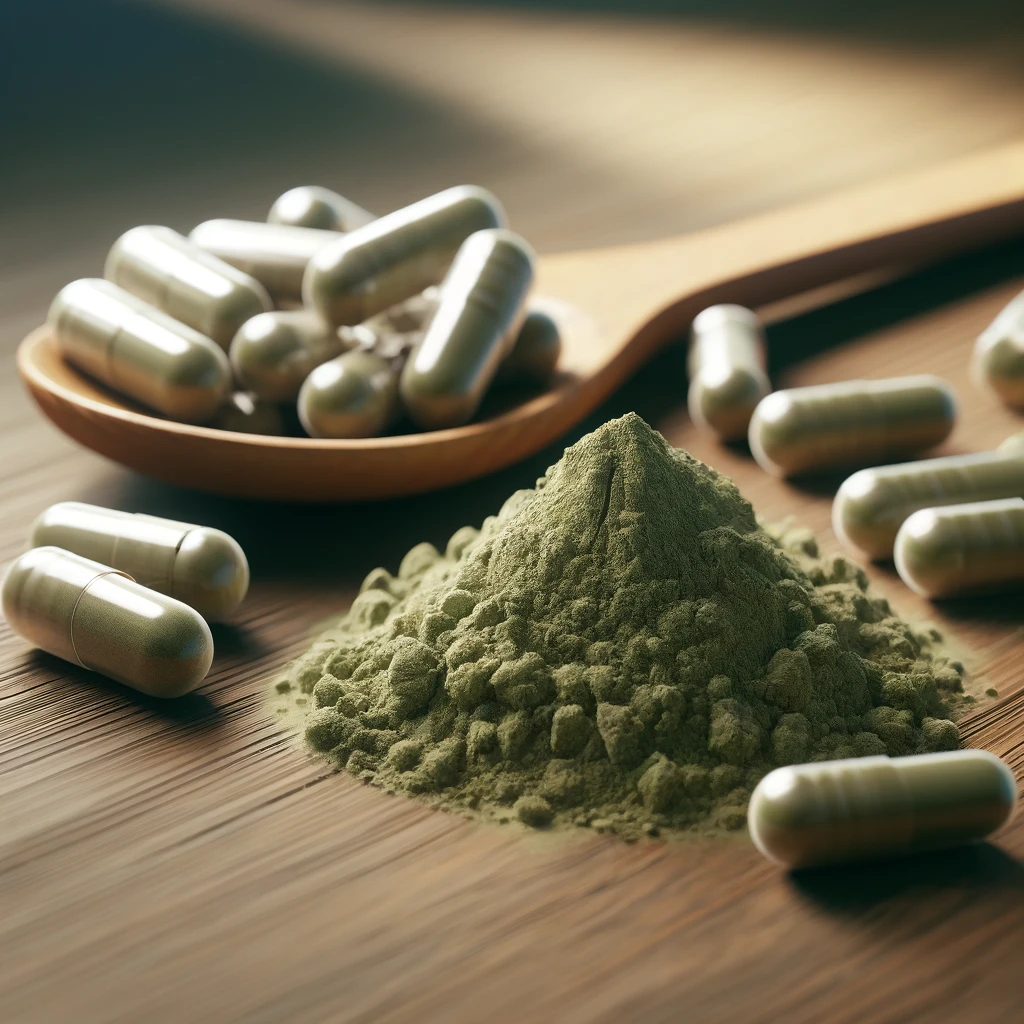
What Is Kratom Used For?
Kratom, a tropical tree native to Southeast Asia, has gained popularity globally for its potential medicinal benefits. This herbal supplement is derived from the leaves of the Mitragyna speciosa tree and has been traditionally used for various health purposes, such as pain relief, mood enhancement, and as a stimulant. However, recent concerns have emerged about kratom's impact on cardiovascular health, particularly on blood pressure. This article provides a comprehensive overview of kratom, its potential effects on blood pressure, and the current research on this topic.
What Is Kratom?
Kratom is derived from the leaves of the Mitragyna speciosa tree, primarily found in countries like Thailand, Indonesia, and Malaysia. Traditionally, the leaves were chewed, brewed into teas, or dried and ground into powder for medicinal use. Today, kratom is available in several forms, including capsules, extracts, and teas.
The Active Compounds in Kratom
The effects of kratom are largely due to its alkaloid content, primarily mitragynine and 7-hydroxymitragynine. These alkaloids interact with opioid receptors in the brain, which can result in stimulant or sedative effects depending on the dosage and strain.
-
Mitragynine: The primary alkaloid, mitragynine, is known for its stimulant properties at low doses and sedative effects at higher doses.
-
7-Hydroxymitragynine: This compound is more potent and contributes significantly to kratom's analgesic (pain-relieving) properties.
Understanding Blood Pressure
Blood pressure refers to the force exerted by circulating blood against the walls of the arteries. It is typically measured in millimeters of mercury (mmHg) and expressed as two numbers: systolic pressure over diastolic pressure. High blood pressure, or hypertension, is a significant risk factor for heart disease, stroke, and other health complications.
-
Systolic Pressure: The pressure when the heart pumps blood.
-
Diastolic Pressure: The pressure when the heart rests between beats.
Normal blood pressure is generally considered to be below 120/80 mmHg. Values above this range may indicate prehypertension or hypertension, conditions that require lifestyle modifications or medication.
The Link Between Kratom and Blood Pressure
There is growing interest in understanding the relationship between kratom consumption and blood pressure. Anecdotal reports and some early studies suggest that kratom may impact blood pressure, but the effects appear to vary based on several factors, including dosage, frequency of use, individual health conditions, and the strain consumed.
Potential Effects of Kratom on Blood Pressure
-
Stimulant Effects at Low Doses: At low doses, kratom often acts as a stimulant, increasing energy and alertness. This stimulant effect might cause a temporary increase in blood pressure due to increased heart rate and heightened arousal.
-
Sedative Effects at High Doses: At higher doses, kratom has sedative properties that may lead to a reduction in heart rate and blood pressure. Some users report feeling relaxed or even sleepy after consuming high doses.
-
Hypertension Risk: There have been anecdotal reports of kratom contributing to hypertension or exacerbating existing high blood pressure. The mechanism is not fully understood, but it may relate to kratom's complex interaction with the cardiovascular system.
-
Withdrawal Symptoms: Chronic use of kratom may lead to dependency, and abrupt cessation could result in withdrawal symptoms, including elevated blood pressure and heart rate.
Individual Differences in Response
The effects of kratom on blood pressure may vary widely among individuals. Factors that influence this variation include:
-
Genetics: Genetic predisposition can influence how kratom is metabolized and how it affects blood pressure.
-
Underlying Health Conditions: Individuals with existing cardiovascular conditions may be more sensitive to kratom's effects.
-
Strain and Dosage: Different strains and dosages can lead to different effects. For instance, certain strains with higher concentrations of sedative alkaloids may reduce blood pressure.
Current Research and Findings
The scientific understanding of kratom's impact on blood pressure is still evolving. While there is a lack of large-scale, controlled studies, some preliminary research and case reports provide insight.
Case Reports and Surveys
Several case reports and user surveys have highlighted potential cardiovascular effects related to kratom use, including changes in blood pressure. However, these reports are often limited in scope and rely on self-reported data, making it challenging to establish causality.
Animal Studies
Animal studies provide some evidence that kratom could affect blood pressure. For instance, some studies have shown that kratom alkaloids can affect heart rate and blood pressure in laboratory animals, but more research is needed to confirm these effects in humans.
Clinical Trials
Currently, clinical trials on kratom and its impact on blood pressure are scarce. Most studies have focused on the potential analgesic and opioid-like effects of kratom. Further research is necessary to explore the direct impact on human blood pressure.
Safety Concerns and Recommendations
Given the uncertainty surrounding kratom's effects on blood pressure, caution is warranted. Individuals who use kratom or are considering it should keep several points in mind:
-
Consult a Healthcare Professional: Those with existing heart conditions or hypertension should consult a healthcare provider before using kratom to understand potential risks.
-
Monitor Blood Pressure: If using kratom, regularly monitoring blood pressure can help identify any adverse changes early.
-
Dosage Control: Start with low doses and avoid escalating usage without understanding how kratom affects your cardiovascular system.
-
Recognize Withdrawal Symptoms: For regular users, tapering off kratom gradually is advisable to avoid withdrawal symptoms that could include elevated blood pressure.
-
Quality Control: Use kratom from reputable sources to avoid contamination or adulteration, which could exacerbate health risks.
Summary
The relationship between kratom and blood pressure is complex and not fully understood due to limited research. While some evidence suggests that kratom can affect blood pressure, either increasing or decreasing it based on dosage and individual factors, more clinical studies are necessary to draw definitive conclusions.
For now, the best course of action is to approach kratom with caution, particularly for individuals with pre-existing cardiovascular issues. Consulting with healthcare professionals and closely monitoring health markers, including blood pressure, can help minimize potential risks while using kratom.
Further research will undoubtedly provide more insights into how this herbal supplement interacts with the cardiovascular system, potentially paving the way for safer and more effective use of kratom in various health contexts.
Discover the Purest Kratom, Delivered Straight from the Source! At Speakeasy Kratom, we guarantee the highest quality, natural Kratom sourced directly from trusted farms in Indonesia. Whether you prefer capsules or powder, our wide selection is curated to bring you the most authentic strains. Shop now for an unparalleled experience and join our community committed to safe, responsible use. Satisfaction guaranteed, or your money back!







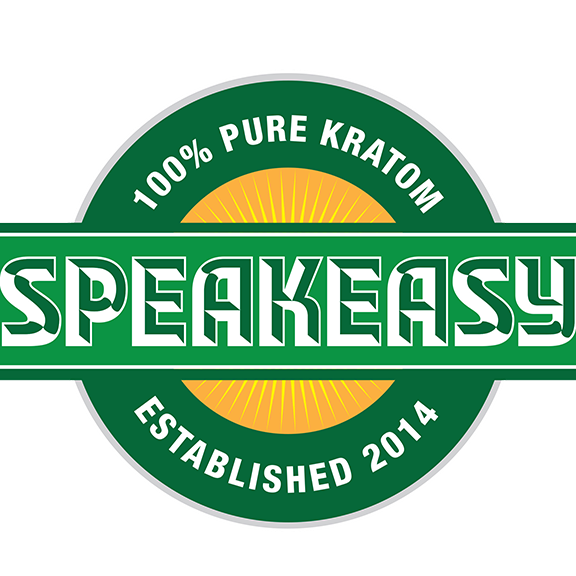
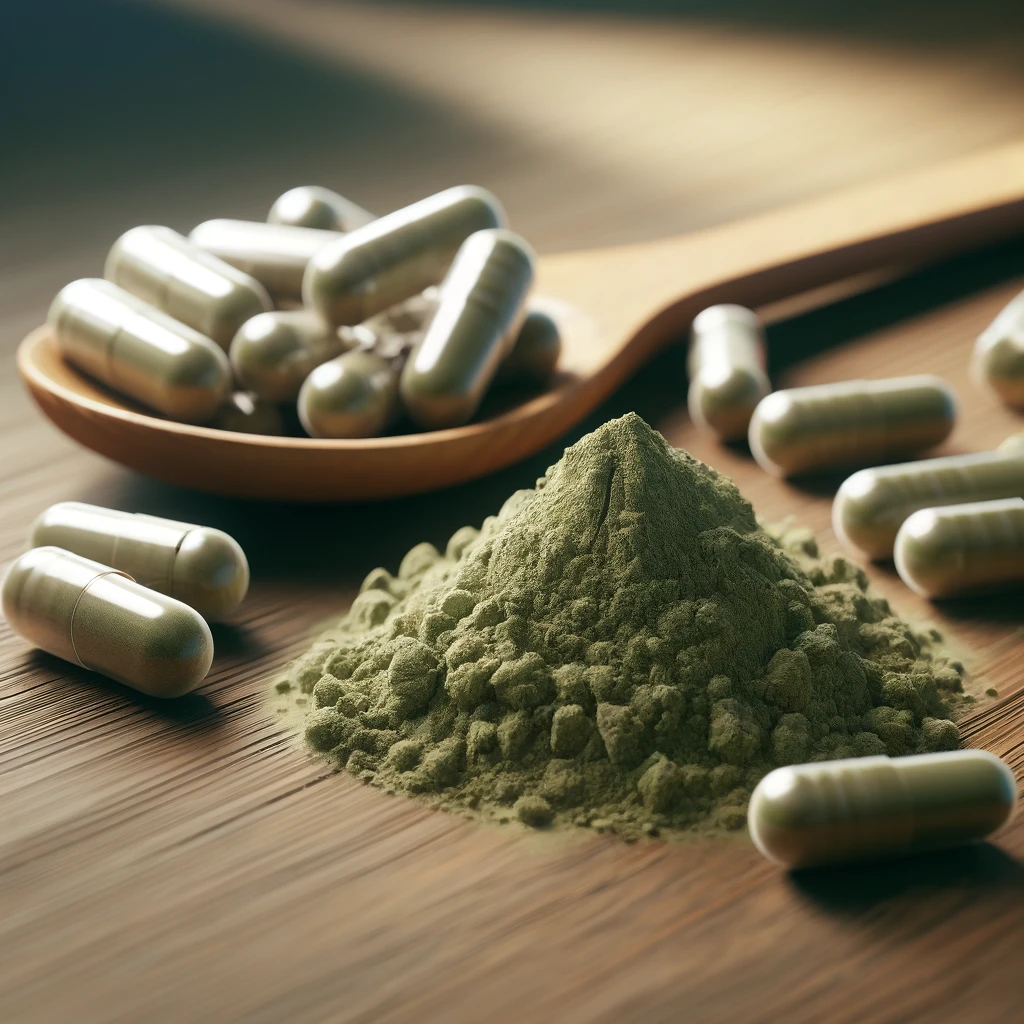


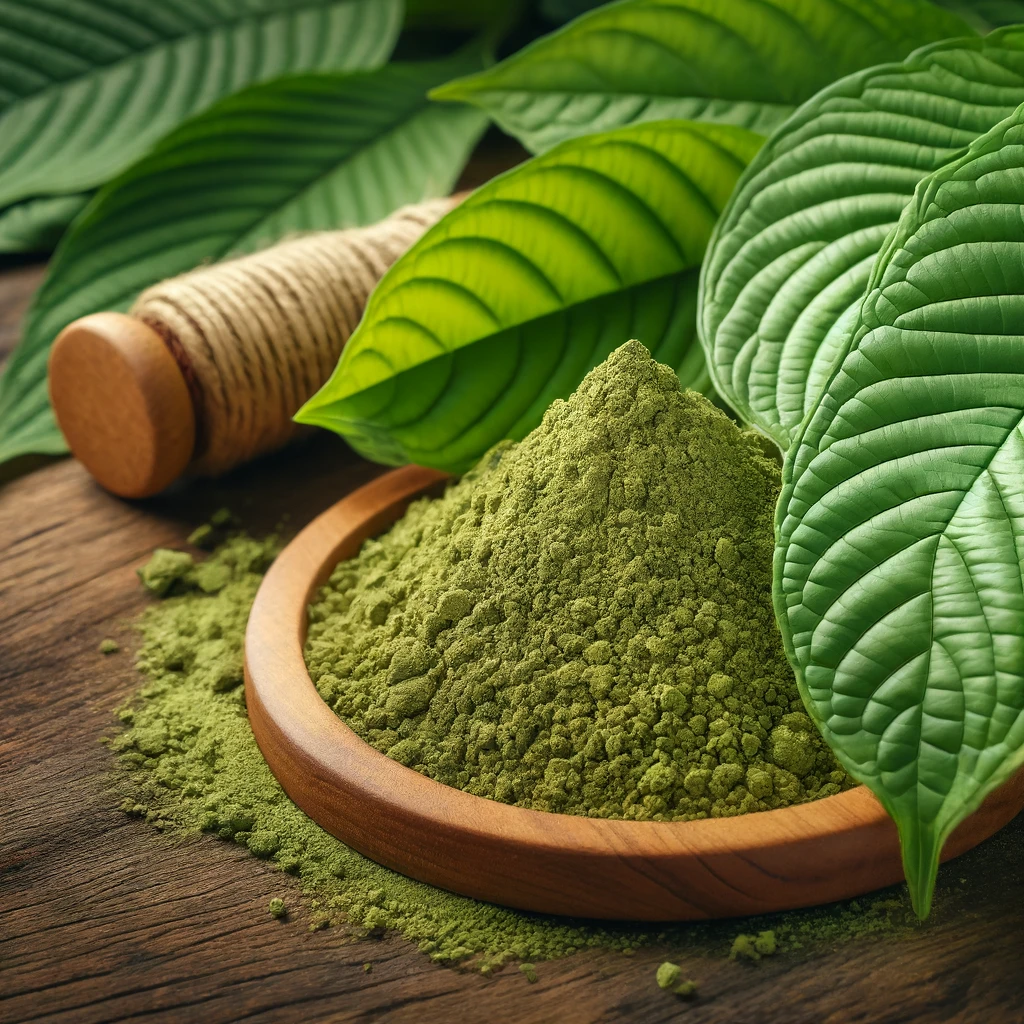
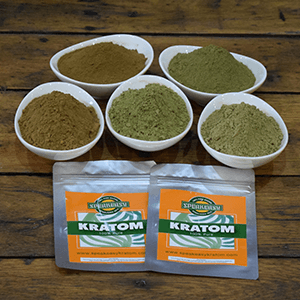




Leave a comment